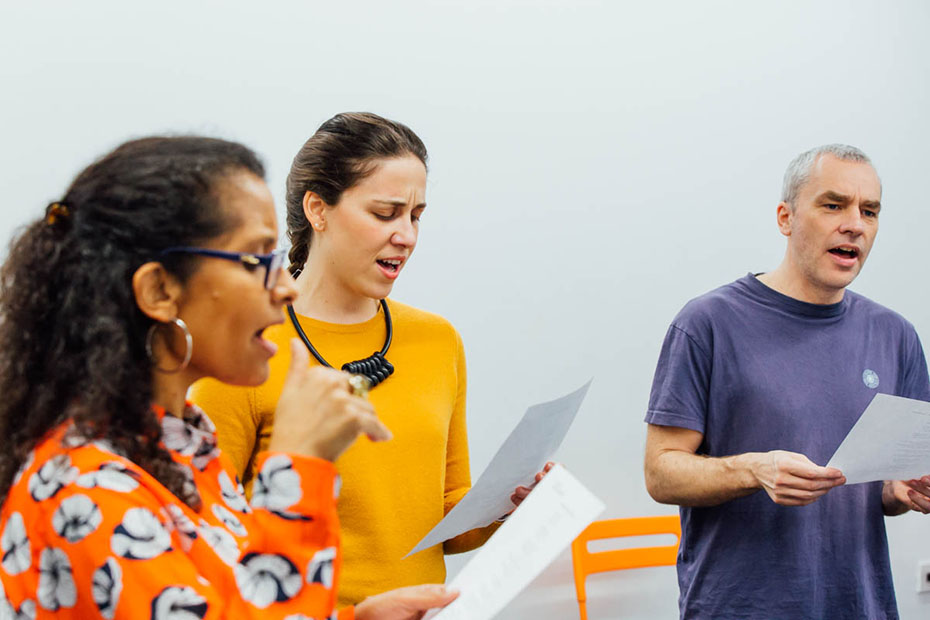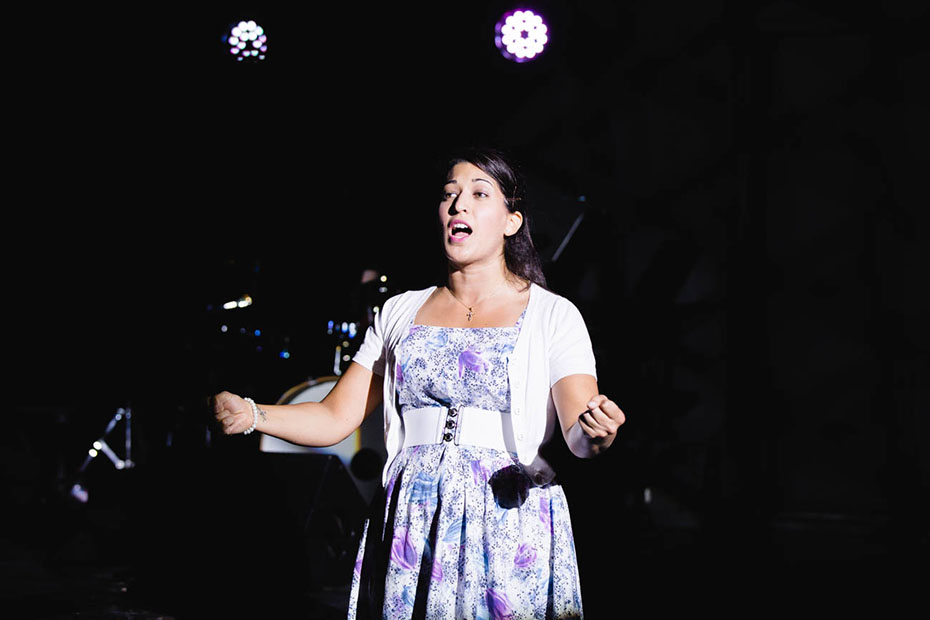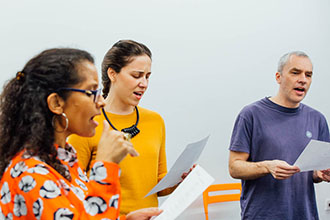
Making the decision to learn a new skill or rediscover a creative path is often an exciting but nerve wracking decision to make. Most students that join a singing class at City Academy want to build their confidence as well as develop their technique, learn how to write a song and eventually perform on stage. It’s also a great way to socialise and meet new friends. But where do you begin? A good place to start is by setting yourself some goals. First evaluate where you are right now. Then decide what you want to focus on and where you want to be in a year from now. Below are some quick tips on setting goals and getting started.
Where am I at now?
The best place to start is by evaluating your current situation. Are you new to singing, or are you looking to rekindle your love for singing? If singing is completely new to you, it’s a good idea to try a course for beginners. This will give you in-depth knowledge on vocal technique, how the vocal anatomy and vocal cords work, warm up exercises and awareness of breathing and posture.
Regardless of how you decide to train, be it private, through a beginners or level 2 class, or in a less formal setting, the most important aspect comes with a willingness to explore your voice and discovering more about your instrument and how to use it. If you follow a course progression, each level builds your skills, allowing for individual progression and developing awareness of improvisation, lyrical interpretation and musicality.

Decide what to focus on
Is your ultimate aim to be singing on your own on stage, or be part of a group? If you do want to do solo work, is there still value in also trying ensemble work? Having the opportunity to learn within a group and sing together can be scary at first, however we hear again and again that the benefits of ensemble work is the most exciting part of our courses. Ensemble singing improves your listening skills and allows each singer to develop their pitch whilst learning melodic, interesting harmonies as a group. So, even if your goal is to take to the stage as a solo artist, there are tons you can learn from singing with others that will benefit you.
If you feel more comfortable in a group setting, a choir is great way to get started. If you want to push yourself towards solo singing, but in a slower pace, you can try a course that has solo performance elements to it, but also lots of group work. Doing some solo work, even if it’s not your main focus, will enable your tutor or choir director to give you friendly feedback on technique and performance - which can be hard to do if you’re always singing in groups.
Which Genre?
This is, of course, also a big choice when deciding what you want to focus on. From Jazz to Pop, Rock, Musical Theatre and so on, there is a lot to choose from. Maybe you already know which genre or genres you want to hone in on. If you don’t have a clue, experiment with a few different styles. Thinking about the music you enjoy singing and the artists you admire can help steer you in the right direction. On the other hand, you might surprise yourself and discover a hidden passion for Musical Theatre.
I hope this has inspired you to kick-start or come back to your singing journey.
If you want to include City Academy on your journey you can find more information about our singing courses and choirs below.
Bernadette Doyle is Head of Singing at City Academy. As well having shared the stage with many well known performers, including Paloma Faith and Laura Mvula, she is also an artist in her own right. If you want to work on your singing skills, stage craft or songwriting skills, we have a range from courses to choose from:

Singing Foundation
Singing Beginners
Singing - Level 2
Singing - Level 3
Choirs
Songwriting
Music Production
Pop & Rock.... and more




